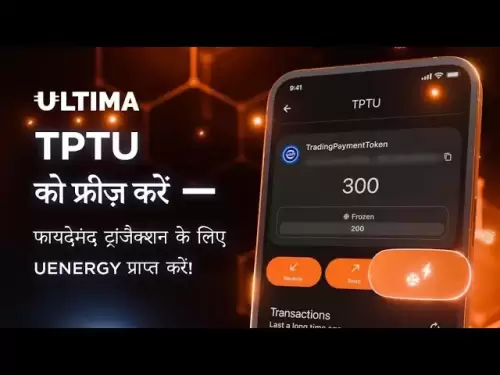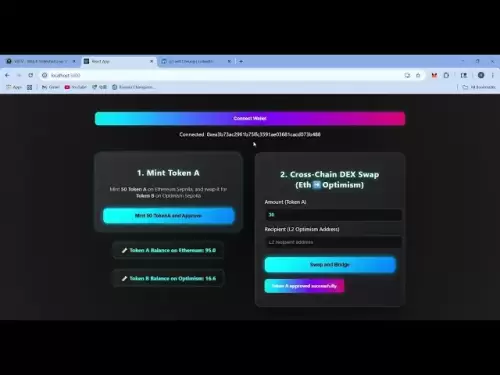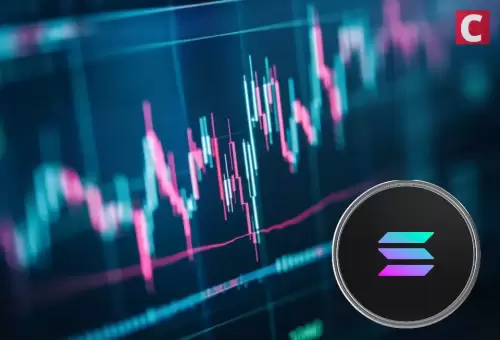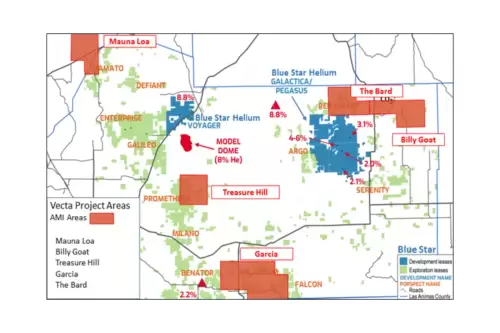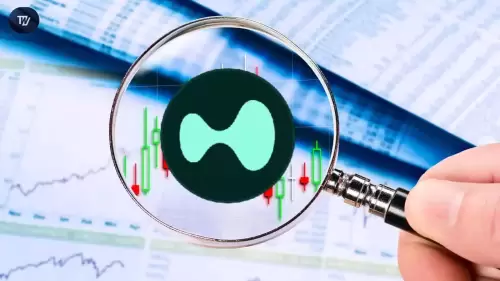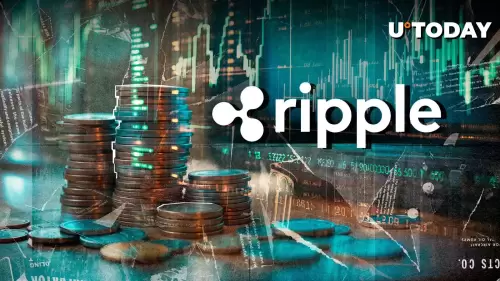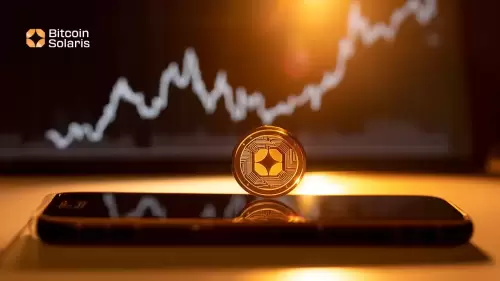JPMorgan Chase, via Kinexys, pioneers carbon credit tokenization to boost transparency and efficiency in the voluntary carbon market. Is this the future of ESG?

JPMorgan, Kinexys, and Carbon Credits: Tokenizing a Greener Future?
JPMorgan Chase, through its blockchain division Kinexys, is diving headfirst into tokenizing carbon credits, aiming to inject much-needed transparency and efficiency into the often murky voluntary carbon market. Buckle up, because this could be a game-changer for how we approach ESG.
Kinexys' Blockchain Strategy: A Shot of Integrity
Kinexys isn't just dabbling; they're building a blockchain-based system with S&P Global, EcoRegistry, and the International Carbon Registry (ICR) to digitize carbon credits. These tokens represent verified reductions of one metric ton of CO₂ emissions. The key? Smart contracts that create an un-tamperable audit trail. Think of it as Fort Knox for carbon credits, ensuring no counterfeits or double-spending.
Traditional carbon registries have struggled with transparency, but Kinexys aims to fix that. By combining blockchain with ICR and EcoRegistry validation, they're creating a solid source of truth. This addresses major headaches like fraud, duplication, and incompatible records that have plagued the voluntary carbon markets.
JPMorgan's ESG Ambitions Get a Boost
This move isn't out of the blue. JPMorgan has been exploring real-world asset (RWA) tokenization. Kinexys even pulled off a cross-chain settlement with tokenized U.S. Treasuries. Now, this carbon-focused pilot doubles down on JPMorgan's climate finance footprint. A recent long-term agreement with Canadian carbon capture firm CO₂80 to remove 450,000 metric tons of carbon shows they're serious about investing in climate solutions.
The big picture? JPMorgan wants to offer biodiversity or water-use credits through a tokenized system, creating a comprehensive ESG portfolio. With S&P Global providing market intelligence, tokenized carbon credits could even become composable collateral within decentralized financial (DeFi) systems.
My Take: A Necessary Evolution
The voluntary carbon market needs a serious makeover. The current system is often opaque and fragmented, leading to trust issues and hindering progress. Kinexys' blockchain model offers a potential solution by providing accountability and seamless integration with sustainability goals. I think this initiative has the potential to not only increase transparency but also drive more investment into carbon reduction projects, which are crucial for meeting global climate goals. If successful, this pilot could set a new standard for the industry.
The Future Looks Green (and Tokenized)
With the increasing demand for credible ESG tools, JPMorgan, through Kinexys, is positioning itself as a major player in shaping how institutions approach carbon markets. If this pilot succeeds, Kinexys could become an industry leader in transparency, efficiency, and trust.
So, will tokenized carbon credits save the planet? Maybe not single-handedly, but they're a step in the right direction. And hey, who doesn't love the idea of blockchain making the world a little greener? It's about time Wall Street got its hands dirty (in a good way!).



































